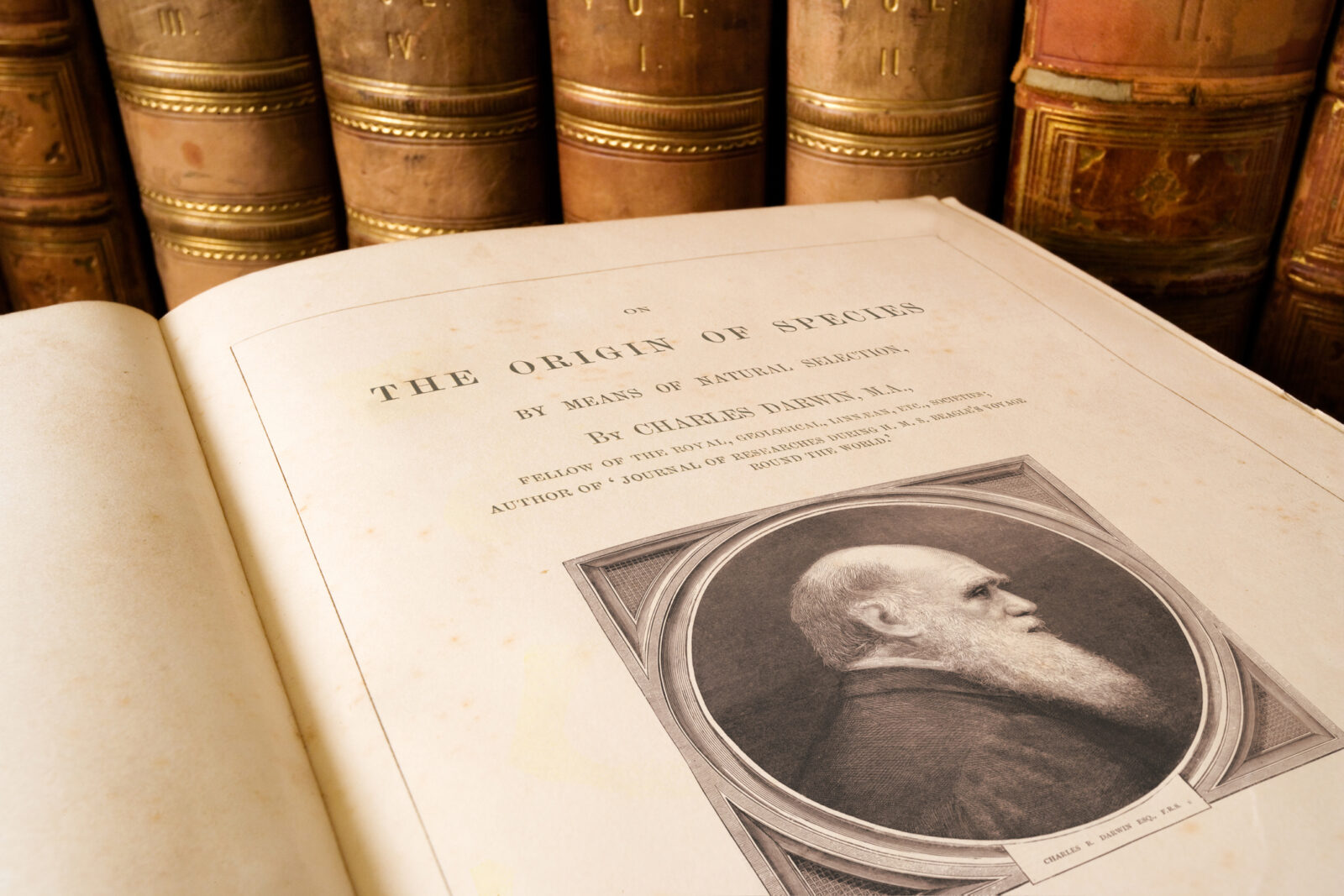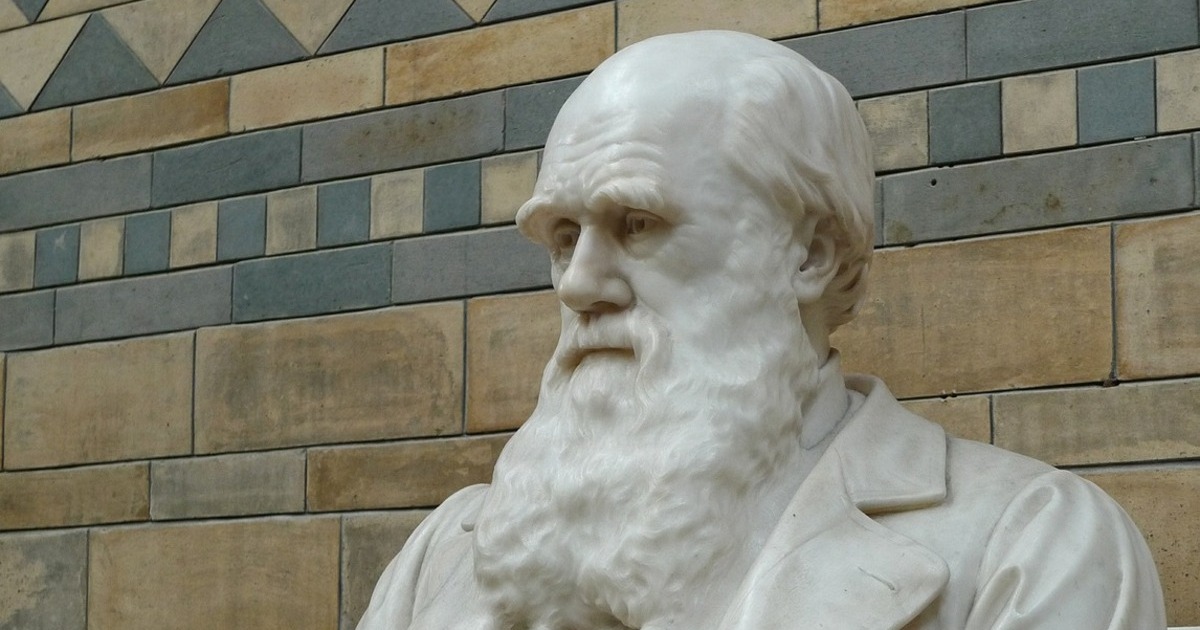


Darwin’s Bluff: An Interview with Robert Shedinger

Of Natural Selection, Explanatory Deficits, and Bunnies Dark and Light
On this episode of ID the Future we hear the first part of Discovery Institute Education Outreach Associate Daniel Reeves’ talk at the 2020 Dallas Science and Faith Conference. Reeves outlines the meaning of natural selection, and traces its history, starting from Darwin’s early understanding, in the days when cells were viewed as just blobs of protoplasm. Reeves carries the story from there through the neo-Darwinian modern synthesis and into the extended evolutionary synthesis, culminating in a 2016 meeting of the Royal Society on the theory’s continuing — and still unresolved — explanatory deficits.

Günter Bechly: Still More Evidence Against Darwinian Gradualism
On this episode of ID the Future, paleontologist Günter Bechly speaks again with host Andrew McDiarmid about the growing case against Darwinian gradualism. Bechly points out two more cases where fossil discoveries refuted Darwin’s prediction of gradualism in species transitions. In one of the classic showcases for such alleged transitions, between two species of deep-sea protists called foraminifera, more recent research showed their speciation to be abrupt and not an ancestor-descendent sequence. And fossil freshwater snails from Germany, once viewed as another textbook example of gradual speciation, were discovered not to be separate species at all. Is there a paradigm change coming in evolutionary studies? Nothing fits the data better than intelligent design.

Günter Bechly Says Goodbye to Darwinian Gradualism
On this episode of ID the Future, paleontologist Günter Bechly and host Andrew McDiarmid discuss Bechly’s article “Ape-Man Waves Goodbye to Darwinian Gradualism.” Bechly touches on the oldest australopithecine fossil skull ever found, from 3.8 million years ago. The researchers behind the find are confident of its age but puzzled because the discovery undercuts one of the best examples of alleged gradual transition between two hominid species, and it also doesn’t fit well with common theories of phylogenetic relationship. The evidence poses a significant problem for the Darwinian mechanistic paradigm, but can be readily explained with an intelligent design approach.

Peter Robinson Interviews David Berlinski, Pt. 1
This episode of ID the Future features Part 1 of an interview between Uncommon Knowledge host Peter Robinson and Discovery Institute senior fellow David Berlinski, author of The Deniable Darwin and the newly released Human Nature. Berlinski begins by noting that living systems possess “a degree of complexity that is almost unfathomable” and explains how this poses an acute problem for Darwinism. The two also discuss discontinuities in the fossil record as well as Berlinski’s insistence that “any theory of natural selection must plainly meet what I have called a rule against deferred success.” Berlinski also rebuts Razib Khan’s claim that in rejecting modern evolutionary theory, conservatives sacrifice “the most powerful rejoinder” to the claim “that male and female are merely categories of the mind.” Quite the opposite, Berlinski insists.

Pearcey on Darwin and Huxley: Philosophy, Not Evidence, Drove Them to Their Conclusions
On this episode of ID the Future, Nancy Pearcey returns to explain what historians know, but few of the rest of us do: If anything, Charles Darwin’s science grew out of his naturalistic philosophy, not the other way around. One historian said Darwin’s naturalism came first, and “only later did he find a theory to validate his convictions.” His “bulldog”, T.H. Huxley, liked Darwinism more for its philosophy than its science. And even Darwin admitted the evidence wasn’t all it could or should be. Please consider donating to support the IDTF Podcast.

What is Speciation?
On this episode of ID the Future, David Boze interviews Casey Luskin about a recent study published in Nature that claimed that scientists can predict the number of species that will develop within a clade. Such forecasts of speciation are based on the amount of living space available and the prominence of sexually selected traits. However, many of the differences between “species” are quite trivial; what constitutes one species as separate from another when there are no fundamental distinctions?